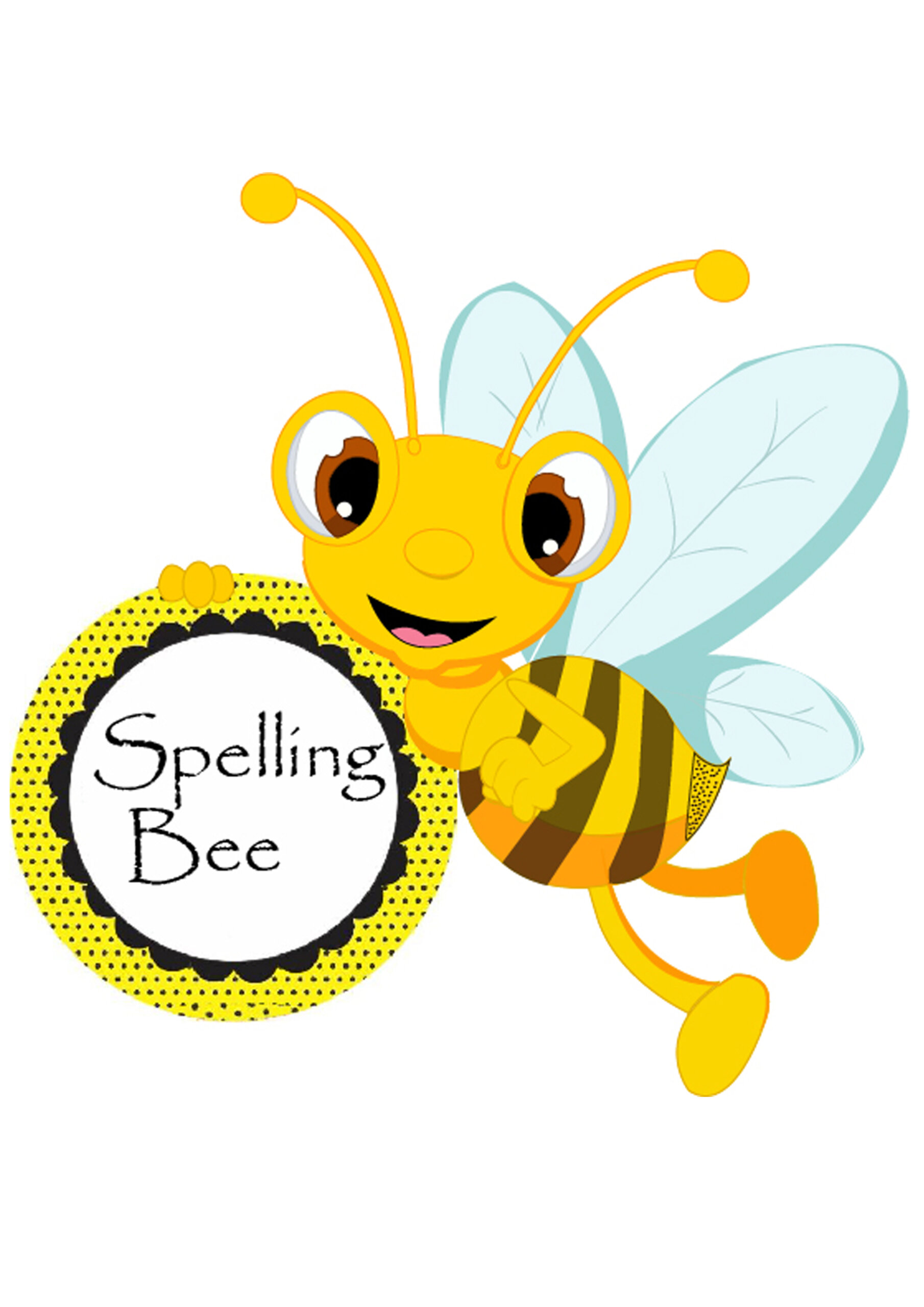Spelling Bee Contest Boosting Language and Confidence in Kids

Why Spelling Bee Contests Matter
A spelling bee contest is much more than a competition—it’s a powerful educational activity that nurtures language skills, cognitive development, and personal confidence in young minds. With the rise of academic challenges and global communication, spelling bees have emerged as a celebrated platform for children to showcase their linguistic abilities while cultivating important life skills.
Across the world, schools and educational platforms have embraced spelling bee contests to sharpen vocabulary, improve pronunciation, and encourage a love for reading and writing. Whether hosted in classrooms, auditoriums, or online platforms, these contests foster a spirit of healthy competition, curiosity, and academic discipline.
History of Spelling Bee Contests
The spelling bee has deep roots in the United States. The first official spelling bee was organized in 1925 by The Courier-Journal of Louisville, Kentucky. Since then, it has evolved into an internationally recognized educational contest, with events like the Scripps National Spelling Bee being televised and drawing massive public attention.
Today, spelling bees are held globally in schools, educational institutions, and now increasingly on digital platforms providing children worldwide a chance to shine.
Benefits of Participating in a Spelling Bee Contest
1. Improved Vocabulary
Spelling bees encourage students to learn new words, their meanings, pronunciation, and origins. This boosts vocabulary and enhances comprehension.
2. Better Academic Performance
Research shows that spelling bee participants often perform better in reading and writing due to increased language exposure and analytical thinking.
3. Increased Confidence
Public speaking in front of peers and judges improves self-esteem. Win or lose, the experience contributes to overall personal growth.
4. Discipline and Study Skills
Students learn how to plan, prepare, and study effectively. The focus required to prepare for a spelling bee develops study habits that benefit all academic subjects.
5. Cognitive Development
Spelling requires memory, phonetics, pattern recognition, and logic. This brain workout enhances overall mental agility.
How a Spelling Bee Contest Works
Registration and Eligibility
Students typically register through their schools or online platforms. Age categories are defined (usually between 6 to 16 years).
Word Lists and Preparation
Participants receive word lists based on their grade level. These may include root words, prefixes, suffixes, and commonly used vocabulary.
Rounds of Competition
Most spelling bees include multiple rounds:
- Oral spelling
- Written spelling (occasionally)
- Tie-breakers or elimination rounds for finalists
Judging Criteria
Correct spelling, clarity in pronunciation, and confidence in delivery are judged. Contestants are usually given definitions, part of speech, and sentence usage upon request.
How to Prepare for a Spelling Bee Contest
1. Daily Word Practice
Learn 10–20 new words daily, including meanings, pronunciation, and usage.
2. Use Flashcards or Spelling Apps
Tools like digital flashcards or spelling bee apps can help reinforce learning.
3. Break Words into Syllables
Understanding word structure helps in pronunciation and spelling accuracy.
4. Practice with Family or Friends
Conduct mock spelling bees at home to get comfortable with oral spelling.
5. Learn Root Words and Etymology
Understanding Latin or Greek roots can help decipher unfamiliar words.
Online vs Offline Spelling Bee Contests
| Feature | Online Contest | Offline Contest |
| Flexibility | High | Medium |
| Accessibility | Global | Local |
| Technical Requirements | Internet, device | Venue setup |
| Interaction | Virtual Q&A, video calls | Live interaction |
| Experience | Virtual format | In-person experience |
While both formats offer educational value, online spelling bees provide wider reach, especially in remote or pandemic-affected areas.
Parental Support: Role in Preparation
Parents play an essential role in their child’s spelling bee journey. Some ways to support include:
- Setting daily study schedules
- Conducting quizzes at home
- Encouraging reading habits
- Avoiding pressure; focusing on learning and fun
Teachers’ Role in Spelling Bee Success
Teachers act as mentors and motivators. Their responsibilities can include:
- Selecting age-appropriate word lists
- Teaching phonetics and pronunciation
- Conducting in-school eliminations
- Instilling confidence through encouragement
Spelling Bee for Special Needs Students
Many platforms now provide accommodations for children with dyslexia or other learning challenges. Adaptive word lists, speech-to-text tools, and specialized coaching enable inclusive participation.
Long-Term Impact of Spelling Bee Contests
Beyond immediate rewards and trophies, spelling bees instill qualities such as:
- Critical thinking
- Competitive spirit
- Goal-setting ability
- Strong communication skills
Participants often pursue successful careers in writing, law, journalism, science, and public speaking.
Famous Spelling Bee Winners
- Nihar Janga: Co-winner of the 2016 Scripps National Spelling Bee at age 11.
- Zaila Avant-garde: First African American winner of the Scripps Bee in 2021.
- Sukanya Roy: Winner in 2011, who later became an advocate for education.
Their stories inspire millions of students worldwide to participate and excel.
Hosting a Spelling Bee in Your School or Community
To organize a successful spelling bee contest:
- Collaborate with local education boards or NGOs
- Set age-group-based rounds
- Use printed or digital certificates and awards
- Partner with sponsors for prizes
A spelling bee contest is more than just a test of words; it’s a celebration of learning, perseverance, and growth. With every word mastered, a child’s confidence rises. With every round completed, their future becomes a little brighter.
Whether held in school auditoriums or streamed online, spelling bee contests leave a lasting imprint on young learners. By fostering a strong command over language and providing a stage for self-expression, they empower children to excel not just in academics, but in life.
Encourage the young minds around you to participate, prepare, and perform. Because every letter counts and so does every opportunity to learn.




